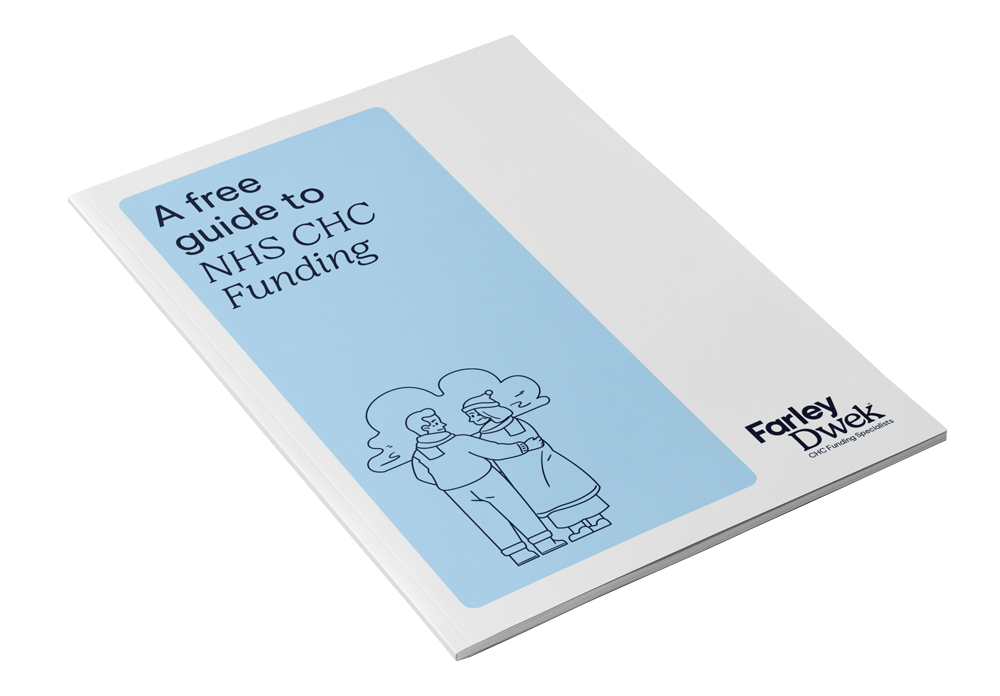Deputyship Service
Where someone is unable to manage their financial affairs, or make decisions about their health and they have not made a Lasting Power of Attorney, then it is necessary to involve the Court of Protection.
The Court will either make a one-off decision about that person, for example, where they may live or, will appoint someone to act as their Deputy.
No one has any legal authority to deal with another’s affairs in the event of that person losing capacity unless they are an attorney under an Enduring or Lasting Power of Attorney or a Court appointed Deputy.
Anyone who is over the age of 18 can apply to be a Deputy, although criminal convictions or bankruptcy arrangements must be declared to the Court and may lead to the Court refusing the application.
Ultimately, the Court must decide who is the appropriate person to act and, unlike a Lasting Power of attorney, this is the Court’s choice and not yours.
A Deputy, formerly called a Receiver, is a person appointed by the Court of Protection to manage the affairs of another person, who lacks the mental capacity to manage their own affairs.
A Deputy can only act under a Court Order made by the Court of Protection. The Court Order sets out the specific powers of the Deputy in relation to the person who lacks capacity.
Like an attorney, a Deputy must ensure that they act in the best interests of the person who lacks capacity.
The Deputy can only make decisions authorised by the Deputyship Order and must have regard to all relevant guidance in the Code of Practice.
Unlike an attorney, a Deputy is supervised by the Office of the Public Guardian. This supervision ranges from close supervision to a light touch supervision, and is decided on a case by case basis.
An application must be submitted to the Court of Protection. The Court of Protection then assesses the suitability of each Deputy from the information provided on the application forms.
The person who lacks capacity must be assessed by a medical practitioner (in order to assess whether they lack capacity) and a form completed and submitted alongside the application to the Court of Protection.
There are set Court Fees to be paid when both making the application and during the period of Deputyship. A court application fee is payable to the Court of Protection at the time the application is submitted, and a Deputy set-up fee is payable upon the Deputy’s appointment, and there is an ongoing supervision fee which is payable per annum.
These fees, together with any professional fees, are paid from the patient’s funds.



